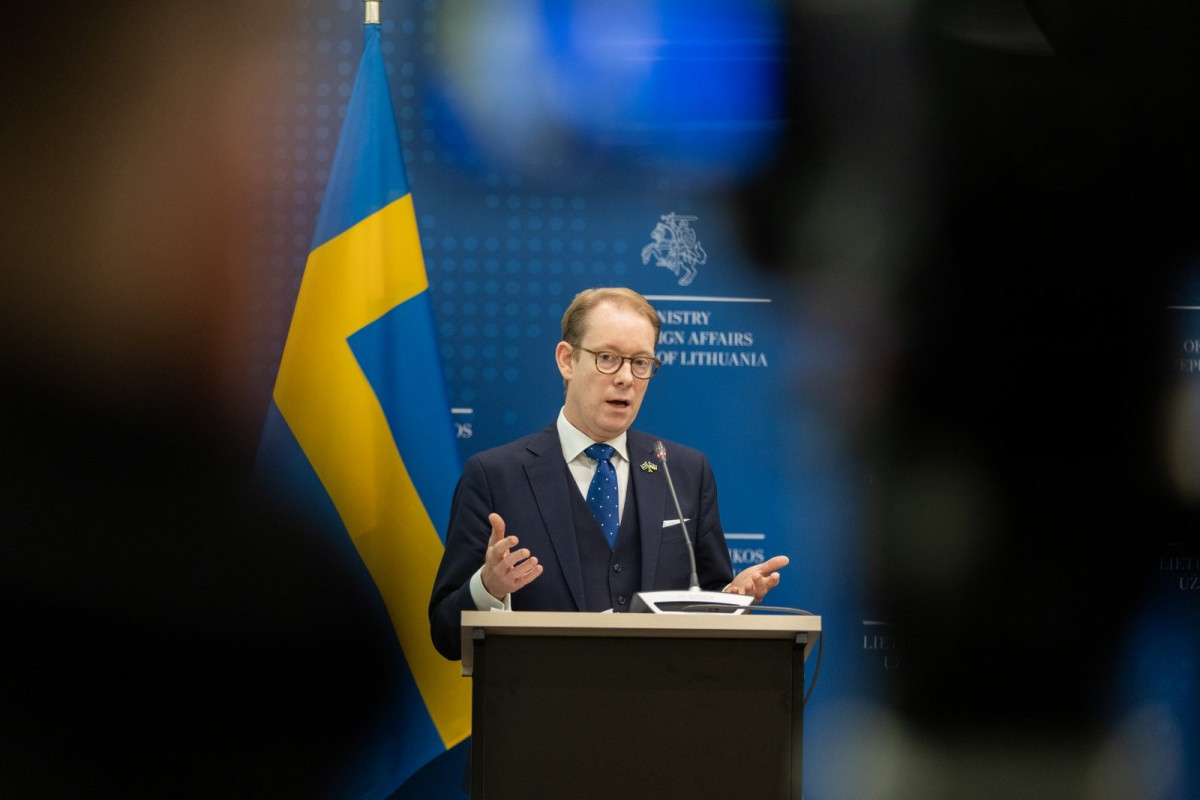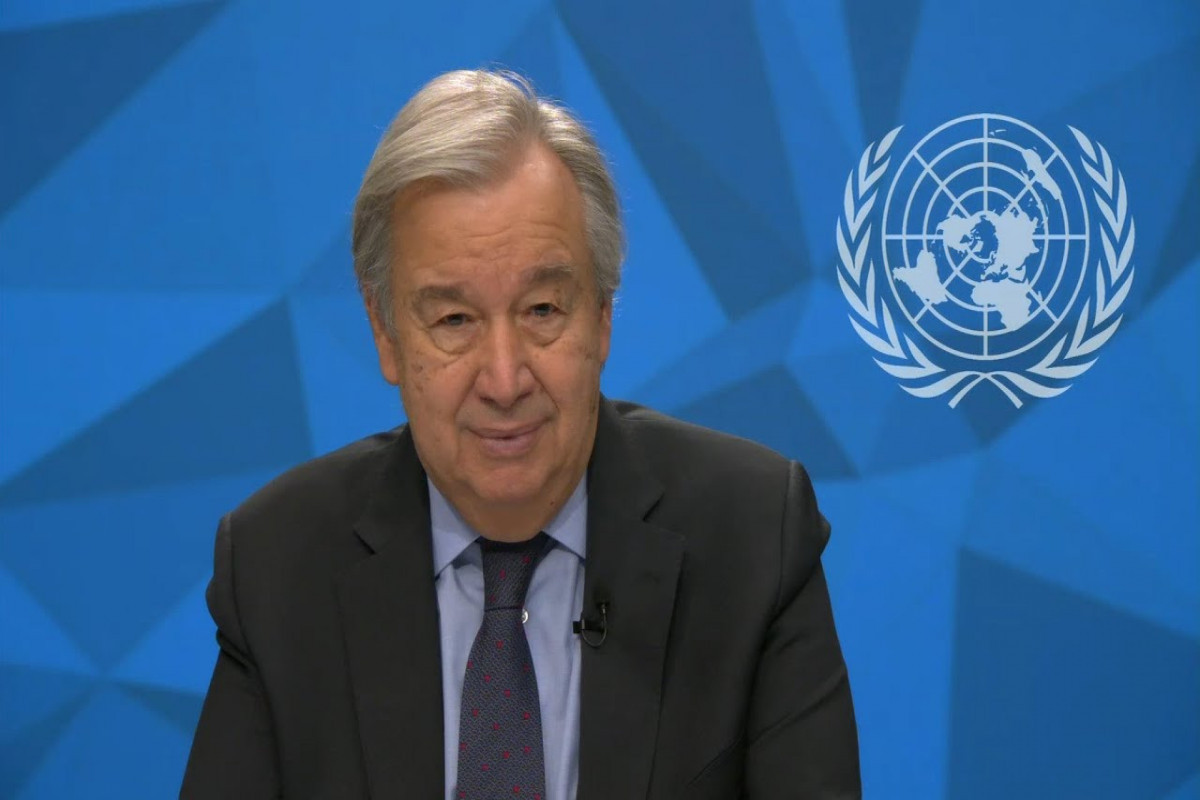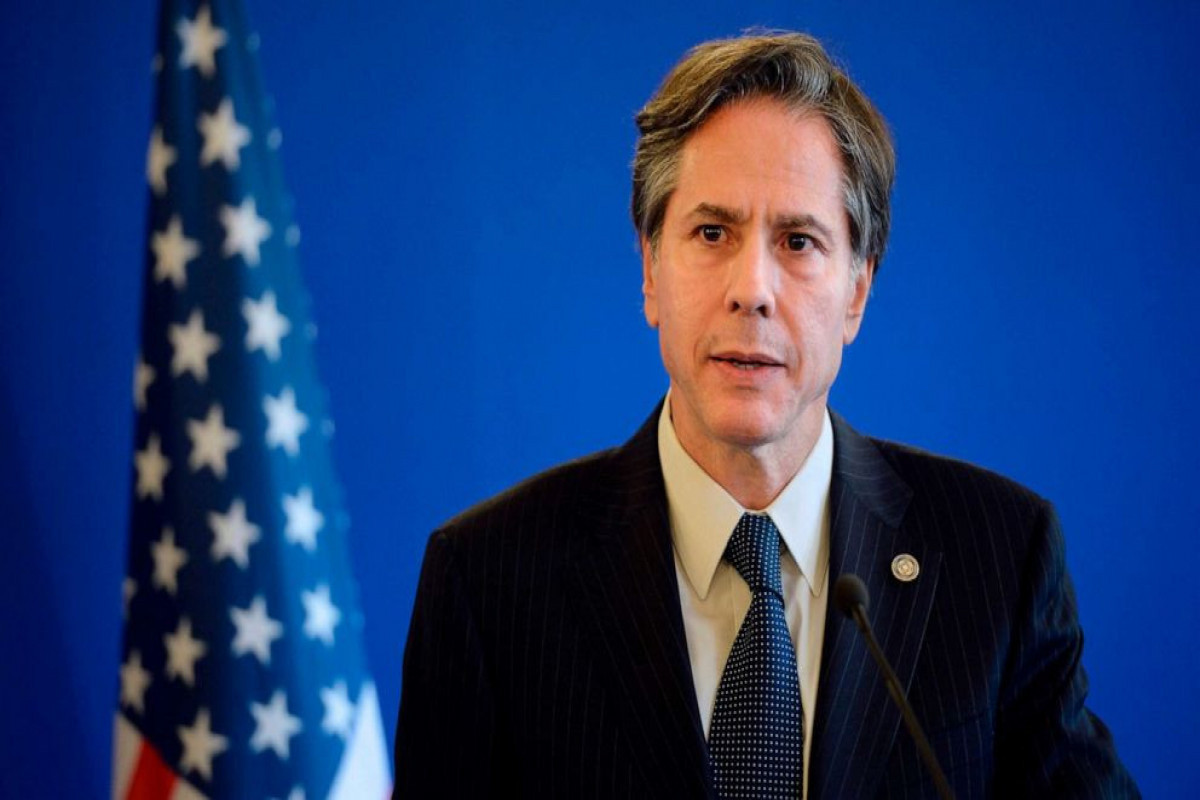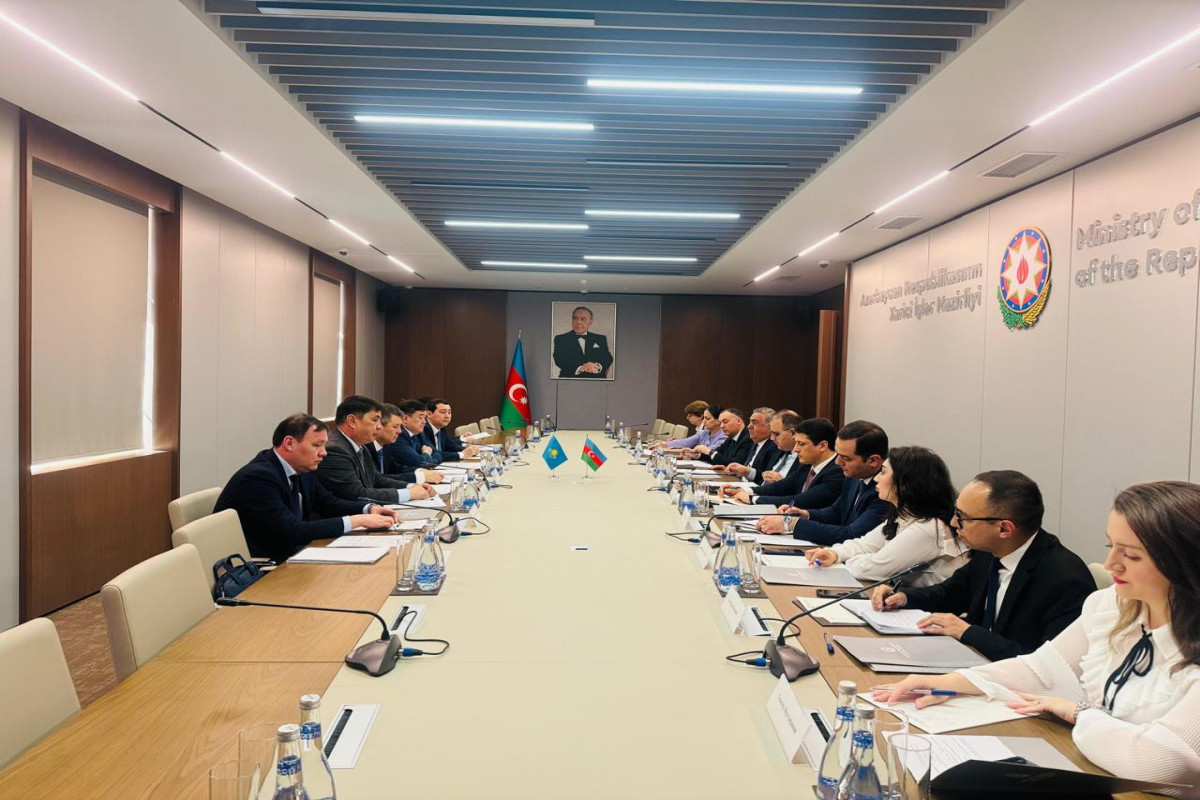Q: As part of President Ilham Aliyev’s recent visit to Brussels, the Partnership Priorities document between Azerbaijan and the EU were initialed. Could you provide detailed information about the essence of the document?
A: As you mentioned, during the July 11 visit of President Ilham Aliyev to Brussels the Azerbaijan-EU Partnership Priorities document was signed by Azerbaijani Foreign Minister Elmar Mammadyarov and EU High Representative for Foreign Affairs and Security Policy Federica Mogherini. The ceremony of initialing the document was also attended by Azerbaijani President Ilham Aliyev and European Council President Donald Tusk.
I think that organizing the ceremony of initialing the Partnership Priorities at a high level should be regarded as an indicator of the importance that Azerbaijan and the EU attach to mutual cooperation. The Partnership Priorities document was, in essence, prepared with the aim of replacing the Action Plan for the European Neighborhood Policy approved by Azerbaijan and the EU in 2006. Even the principles such as differentiation amongst partner countries, flexibility, joint ownership, enshrined in the European Neighborhood Policy, made it necessary to agree on the Partnership Priorities document. This document aims to identify priorities for areas of mutual interest between the parties and implement specific projects for the next 3 years (2018-2020). These projects are planned to be implemented with the financial support of the European Neighborhood Instrument.
The document, in accordance with the areas of cooperation identified as the Eastern Partnership Summit in Riga in 2015, covers 4 sectoral priorities, namely: namely: strengthening institutions and good governance; economic development and market opportunities; connectivity, energy efficiency, environment and climate action; mobility and people-to-people contacts.
Q: Is there any difference between the Partnership Priorities document and a new agreement planned to be signed between Azerbaijan and the EU? Will this document be taken as a basis when signing the new agreement?
A: As I mentioned earlier, the Partnership Priorities document is envisaged only for the next three years, and is limited to the priorities indicated there. A new draft agreement, which is currently negotiated between Azerbaijan and the EU, is a long-term document that has legal force and encompasses all possible directions of mutual cooperation. However, we can say that the Partnership Priorities document more specifically expresses many elements of a broad political framework envisaged in the new agreement, and of course this document will be an integral part of the dialogue, constant political and sectoral cooperation between the parties.
Q: Azerbaijan and the EU have undertaken new obligations in accordance with the Partnership Priorities document. We have brief information about the obligations of both parties. What are the obligations? Is there any mechanism for monitoring the implementation of these obligations?
A: First of all, I would like to note that as a result of the negotiations held with the EU, the document reflects mutual obligations of the parties in connection with the support of territorial integrity, inviolability of international borders, independence and sovereignty. All this, in turn, can have a positive impact on the negotiation process, on a new bilateral agreement between the parties.
On the other hand, the document aims to promote cooperation on sustainable development and modernization, economic diversification, creation of an enabling environment for trade and investment, development of small and medium-sized business in rural areas, energy, transport and environment, including good governance, strengthening of state agencies the rule of law and civil society, as well as to support the consistent reforms being carried out by the state in these areas.
Moreover, the document reflects issues of adapting to the European Union’s Digital Single Market, forming a green and secular economy, strengthening social politics, developing international trade-transport corridors in the East-West and North-South directions, implementing the Southern Gas Corridor in accordance with the defined commitments, cooperation matters in the fields of education, culture, youth politics, research and innovation. The parties also expressed their intention to fully implement the agreements on partnership, visa facilitation and readmission and, when appropriate, to start a dialogue on a visa-free regime. Specific projects that will ensure the implementation of the partnership priorities will be jointly determined by Azerbaijan and the EU over the next three years and their implementation will be financed by the EU.
Q: At what stage are the negotiations between the EU and Azerbaijan on a new agreement? Will it be possible to sign an agreement by 2019?
A: I should note that both 2017 and 2018 have been fruitful in terms of a new bilateral agreement between Azerbaijan and the EU. As you know, during the Azerbaijani president’s working trip to Brussels in February 2017, starting negotiations on the agreement were announced. Later, regular and consistent negotiations were held between the two sides to agree on a three-bloc agreement under the title of political-security, trade-economic and sectoral cooperation. As a result, progress has been made in negotiations on the political-security and sectoral cooperation blocs. Currently, discussions on the acceleration of negotiations on the trade-economic bloc and finding solutions that are in the interests of both sides are continuing. The possibility of organizing the next negotiations in mid-September or early October in Baku or Brussels is under consideration.
As prior mentioned, the essence of the document for Azerbaijan is more important than in how much time it is concluded. But that does not mean that ineffective negotiations should continue for an indefinite period of time. I can say that both sides make every effort to successfully conclude this document as soon as possible.
Q: The European Parliament’s final resolution regarding Azerbaijan highlights some conditions. Among them is the issue regarding political prisoners. It was noted that, if these conditions are not fulfilled, an agreement may not be signed between the EU and Azerbaijan. Can this resolution have an impact on the negotiation process and the signing of the agreement?
A: The European Parliament recommendation of 4 July demonstrates its attitude towards the negotiations between Azerbaijan and the EU on a new agreement. Of course, it is regrettable that the document contains subjective assessments of the European Parliament members on a number of issues that are not directly related to the negotiations, which the Azerbaijani side can not agree with. However, it should be noted that these negotiations on the new agreement with Azerbaijan are carried out by the European External Action Service and the European Commission on the basis of the relevant mandate presented by the EU member states, and not by the European Parliament. In this respect, to which extent the European Parliament’s recommendations will be taken into account by the EU member states, as well as the institutions participating in the negotiations, is just EU internal matters.
Azerbaijan, in its turn, believes that the document, the topic of negotiations, is of the same importance for both sides and concluding the new agreement is in the interest of both the EU and Azerbaijan. We, with this logic, intend to continue negotiations in a constructive spirit. We hope that the member states and institutions of the European Union, including the European Parliament, will share the same approach, first of all, to coordinate a draft agreement and then, when the time comes to make necessary efforts to sign and approve the agreement.







